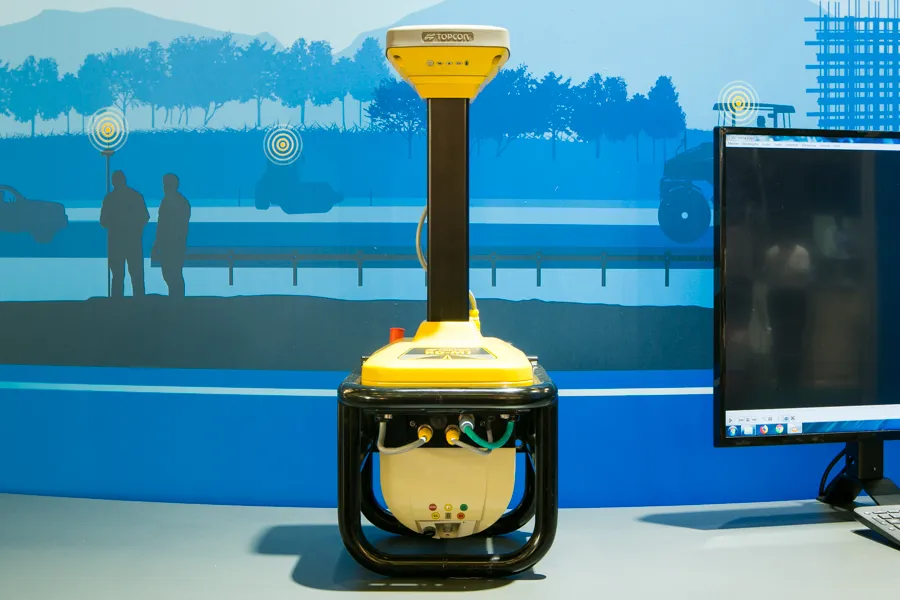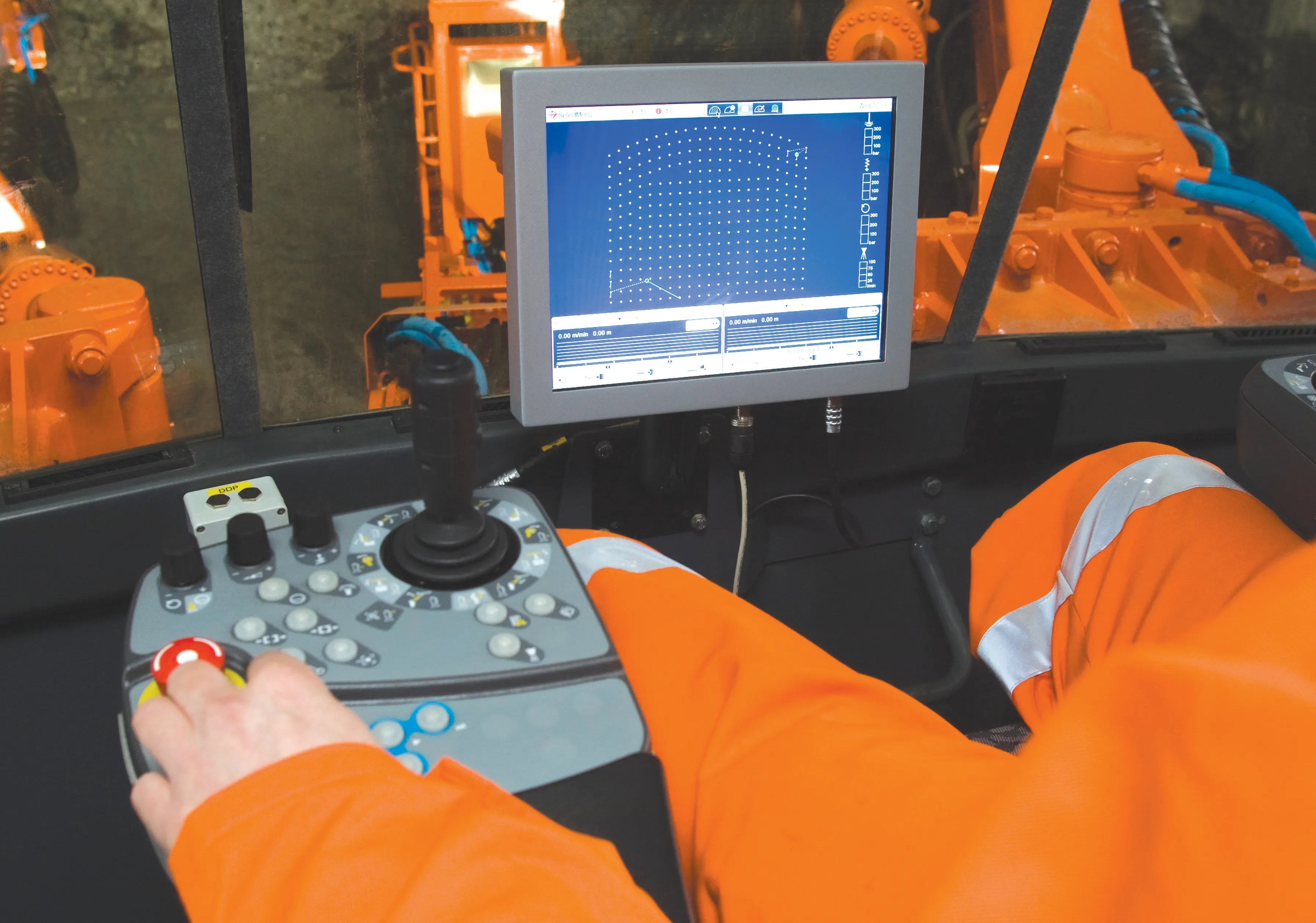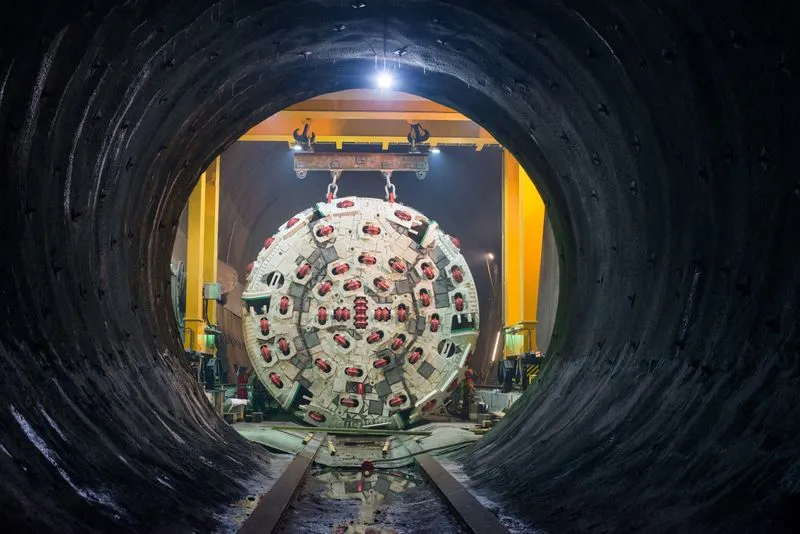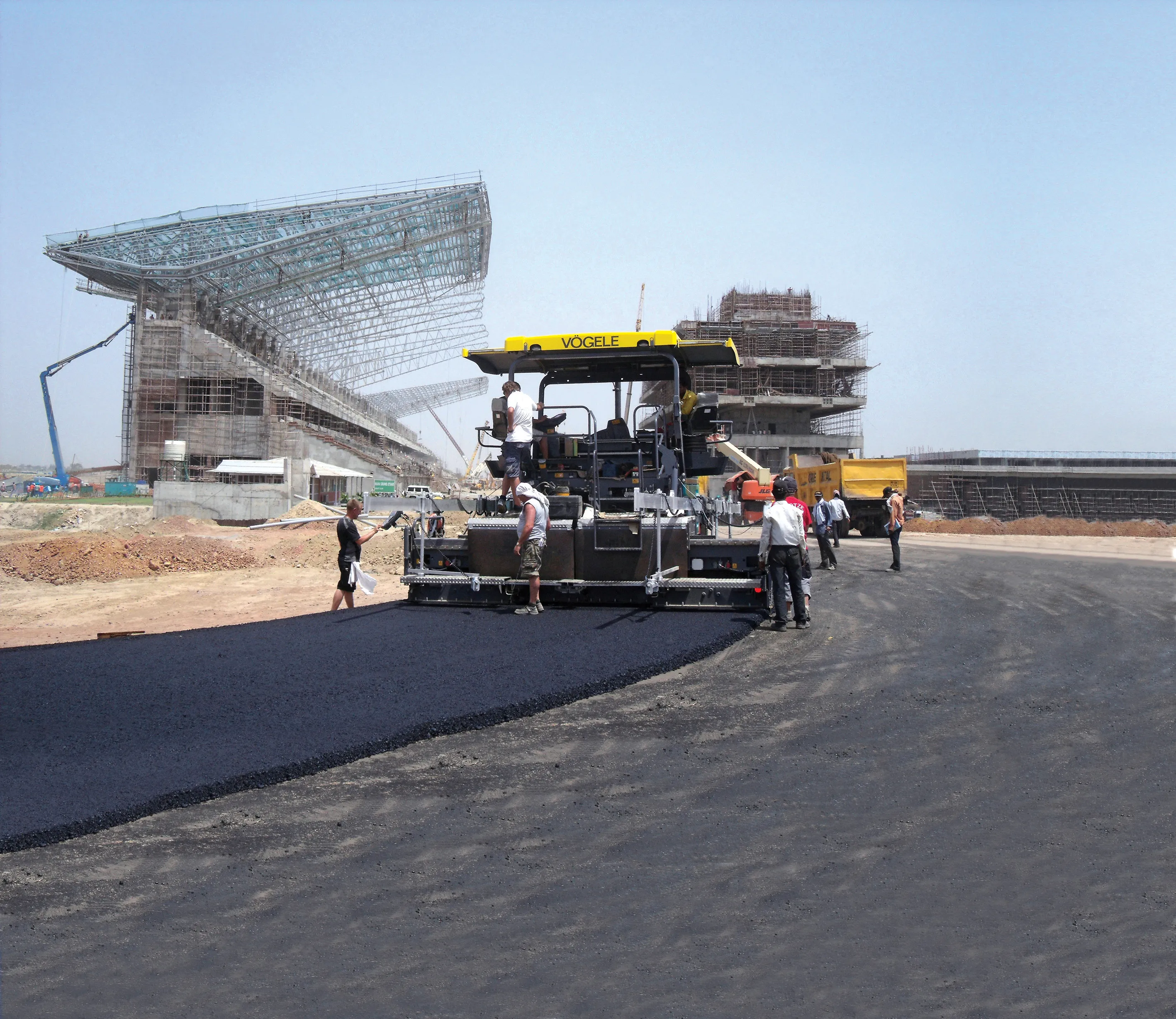
The latest Smoothride system for road resurfacing from
The system combines sonic controls and GPS, providing high accuracy. The complete package includes road scanning technology that can be used to track road conditions and determine slope, gradient and wear. Hermanski said: “The thing that is different is the data collection and scanning for pointcloud data.”
This data can then be downloaded and analysed, with the system highlighting uneven or worn areas. A milling machine can then be used to remove the worn top layer of the roadway, with the milling drum following the data from the scan. Hermanski said: "With the data from the scanner, we can record the information, redesign the surface overnight and start milling the next morning.” This ensures that the drum leaves a smooth path on which the new road surface can then be paved.
The package is said to be simple to use and Hermanski concluded: “The only thing the contractor needs training on is for the scanning for the data collection.”








